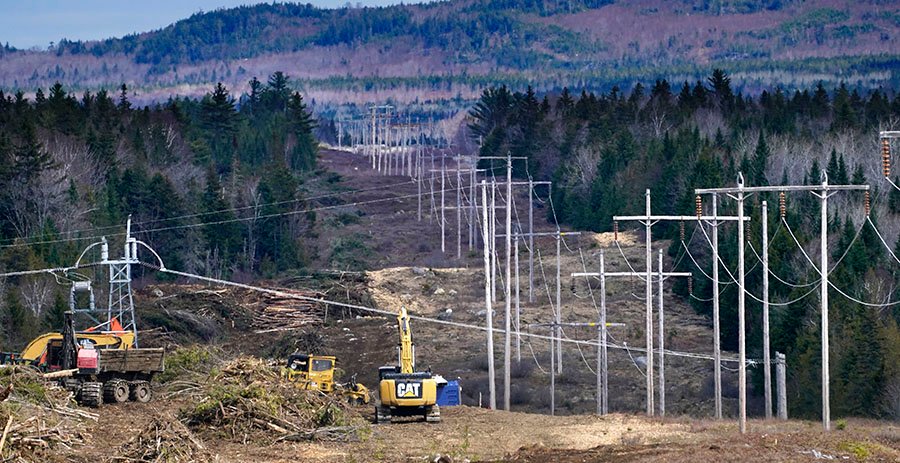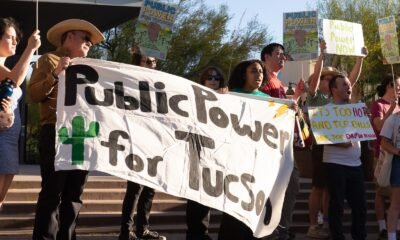arizona
Utility-Sponsored Securitization Bill: A Raw Deal for Ratepayers and the State

The Arizona legislative landscape is bracing for a significant shift as House Bill 2679 (HB2679) makes its way through the political pipeline. This proposed legislation, spearheaded by Arizona’s monopoly utilities, particularly Arizona Public Service (APS), seeks to implement a financial maneuver known as “securitization.” If enacted, this bill would enable utilities to replace high-interest loans with low-interest bonds. Thus, they would effectively transfer costs to consumers with diminished regulatory oversight.
Amanda Ormond, a former Director of the Arizona Energy Office, has raised alarms about the implications of this bill. She argues that its passage would create a mechanism allowing utilities to shift undesirable debt to ratepayers without the approval from regulatory bodies. This development not only could increase costs for consumers but also limit legal recourse for those affected by rising utility bills.
The bill was introduced with minimal input from state regulatory agencies or public interest groups. Its fast-tracked schedule is raising eyebrows, especially given it has only undergone one committee hearing. There is an expectation that a vote could occur in the House of Representatives shortly after its introduction.
The Arizona Chamber of Commerce has voiced support for HB2679, emphasizing the benefits of this utility financing system. However, a deeper examination of its 40 pages reveals significant concerns. Under this bill, any electric utility in Arizona could issue bonds to cover existing debts, passing the financial burden onto consumers without checks and balances from the Arizona Corporation Commission. This lack of oversight raises constitutional questions, according to commission staff.
Moreover, if ratepayers struggle to meet these new financial obligations, utilities could resort to legal actions. Payments for these bonds would take priority over standard electricity costs, raising the risk of service disconnections for vulnerable populations. Ormond emphasizes the potential dangers, particularly for the elderly or sick individuals dependent on uninterrupted electrical service during extreme heat.
Traditionally, securitization has been employed to alleviate utility debts. Yet, HB2679’s broad language allows costs from various disturbances, including natural disasters and price spikes in natural gas, to be passed on to consumers. The lack of specified limits on the debt being transferred could lead to exorbitant charges becoming the norm for Arizona’s utility customers.
The bill exemplifies a radical shift in how utility financing operates, enabling monopolistic control over consumer costs without accountability. For instance, during the 2021 storm Uri, significant costs incurred as a result of the disaster exemplified the potential for massive bond obligations that could be foisted onto Arizona residents.
As discussions continue, it remains vital for legislators to reflect on the broader implications of HB2679. Proponents argue it is essential for maintaining reliable power, while critics worry it compromises financial protections for consumers. Now is the moment for state lawmakers to scrutinize this bill’s full scope, ensuring that any legislative action taken truly serves the interests of the public rather than consolidating power in the hands of utilities.
Amanda Ormond is the Principal of the Ormond Group LLC and a former Director of the Arizona Energy Office.


















